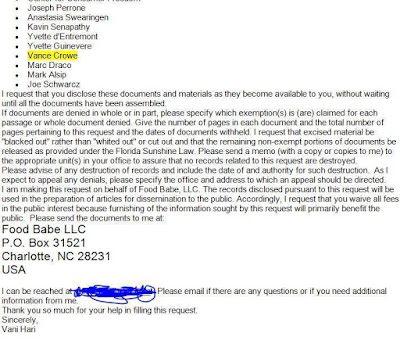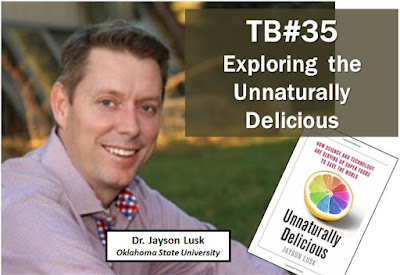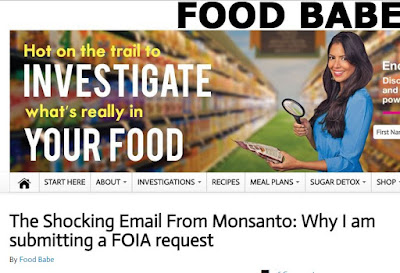Please Cook This (and be Thankful)

Today I submitted a manuscript for publication and another one is close. It is Memorial Day, a holiday where we are not supposed to be at work, but I was so happy to spend my day in the office with people from my lab. We also met with a prof from another department. We might have a solution for those antibiotic-resistant bacteria. You'll love this... More to come. On my way home I stopped at the one big grocery store in town and saw "Green Cooking Banana" in the produce section. I've learned that 400 million people eat this every day. When the guy at the checkout told me that the bananas were really small and hard, I told him, "That's just the way I want them." His eyes rolled. I told him that "400 million people eat this every day." When I returned home I read horrible things about me on Twitter. Seems that Natural News has re-posted the garbage showing up on GM Watch last year. Again, it is designed to harm my reputati...















